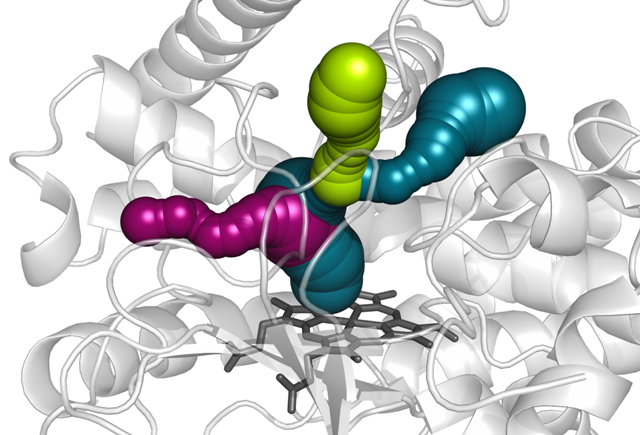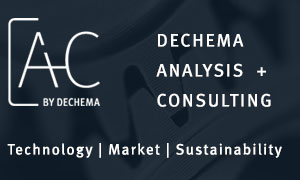---
Channeling of substrates, metabolites and products is a crucial issue in any biotech process. In this workshop, the latest developments regarding transport processes in enzymatic or microbial systems will be presented and discussed.
So far industrial biotechnology research has focused mainly on the development of new production methods: Screening and optimization of enzymes with new functions, their expression and the construction of new metabolic pathways as well as their regulation are familiar challenges in this field of research.
In recent years, it has become evident that there are other fields where bioengineering can contribute: The channeling of molecules is crucial for the development of any industrial process. Today we know channels and loop areas of enzymes as starting points for the optimization of enzymes. They allow to control toxic compounds and metabolic traffic. However, channeling is not limited to the transport of substrates, metabolites and products to and from the catalytic centers of enzymes, but also relevant within synthesis particles or microorganisms. When consortia come into play, the targeted transport of molecules between individual cells or different microorganisms is essential. Synthesis vesicles and protein cages are but one approach to this challenge. The understanding of intra- and intercellular transport phenomena opens up new opportunities for the optimization and design of biotechnological production systems. Computer simulations help to reduce the lab work and gain new insights.
In this workshop, new developments will be presented and we discuss whether we can expect these new systems and their control to contribute to a more efficient development in both enzyme engineering and metabolic engineering.


